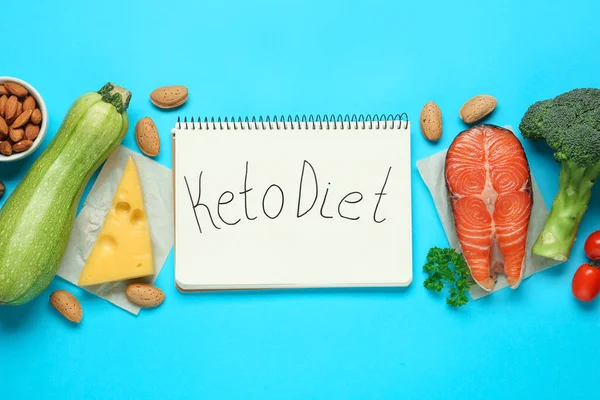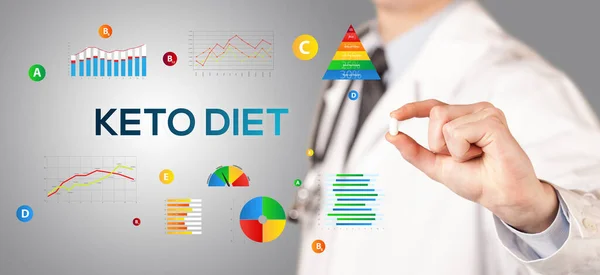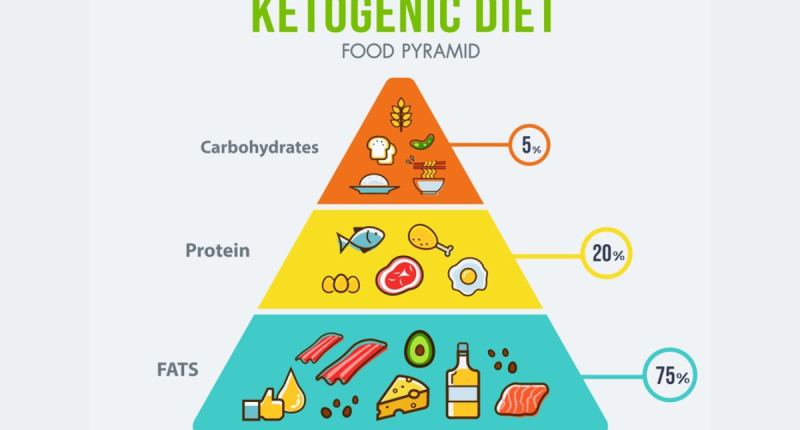Diabetes management often involves careful attention to diet, and the ketogenic (keto) diet has gained popularity as a potential option for individuals with diabetes. But what is the keto diet, and how can it be adapted to suit the needs of those living with diabetes? In this comprehensive guide, we will delve into the world of the keto diet for diabetics, exploring its principles, potential benefits, and important considerations to help you make informed decisions about managing your blood sugar.
Understanding the Keto Diet: The Basics

What Is the Keto Diet?
The ketogenic diet is a low-carbohydrate, high-fat eating plan designed to shift the body into a state of ketosis. Ketosis occurs when the body primarily uses fat for energy instead of carbohydrates. This shift in metabolism can result in weight loss and potentially improved blood sugar control.
How Does the Keto Diet Work?
The keto diet drastically reduces carbohydrate intake and increases the consumption of fats. By doing so, it limits the availability of glucose, the body’s primary source of energy derived from carbohydrates. In the absence of sufficient glucose, the body begins breaking down stored fats into ketones, which can be used for energy. This metabolic shift is the hallmark of the ketogenic state.
RELATED: Fluctuating Blood Sugar: Causes And Prevention
Keto Diet for Diabetics: Benefits and Considerations

Blood Sugar Control
One of the primary attractions of the keto diet for diabetics is its potential to improve blood sugar control. By minimizing carbohydrate intake, the diet can lead to reduced spikes in blood sugar levels after meals, which is particularly beneficial for those with diabetes.
Weight Management
The keto diet may also support weight management—a crucial aspect of diabetes care, especially for those with type 2 diabetes. Many individuals on the keto diet report weight loss, which can lead to better insulin sensitivity and glycemic control.
Keto Diet and Type 1 Diabetes
It’s essential to note that the keto diet may have different implications for individuals with type 1 diabetes compared to type 2 diabetes. Discuss the potential challenges and considerations for those with type 1 diabetes who are interested in the keto diet.
RELATED: 13 Ways To Control Diabetes Levels Among Children
Starting the Keto Diet for Diabetics: Important Steps

Consult with a Healthcare Provider
Before embarking on the keto diet, it’s crucial to consult with your healthcare provider, especially if you have diabetes. They can help you assess whether the diet is suitable for your individual health profile and provide guidance on managing medications.
Monitoring Blood Sugar
Regularly monitoring your blood sugar levels is essential while on the keto diet. It allows you to observe how your body responds to dietary changes and make necessary adjustments to maintain stable blood sugar.
Balancing Macronutrients
Finding the right balance of macronutrients (carbohydrates, fats, and proteins) is key to keto diet success. Your healthcare provider or a registered dietitian can help you determine the ideal macronutrient ratios for your needs.
Conclusion

The keto diet for diabetics is a dietary approach that holds promise for improved blood sugar control and weight management. However, it is not a one-size-fits-all solution, and its effectiveness can vary from person to person. Before embarking on this dietary journey, consult with your healthcare provider to determine if the keto diet is suitable for your diabetes management plan.
Remember that managing diabetes involves a holistic approach, including medication management, regular physical activity, and maintaining a balanced diet. The keto diet can be a valuable tool when used judiciously, but it should be undertaken with careful consideration and medical supervision.









